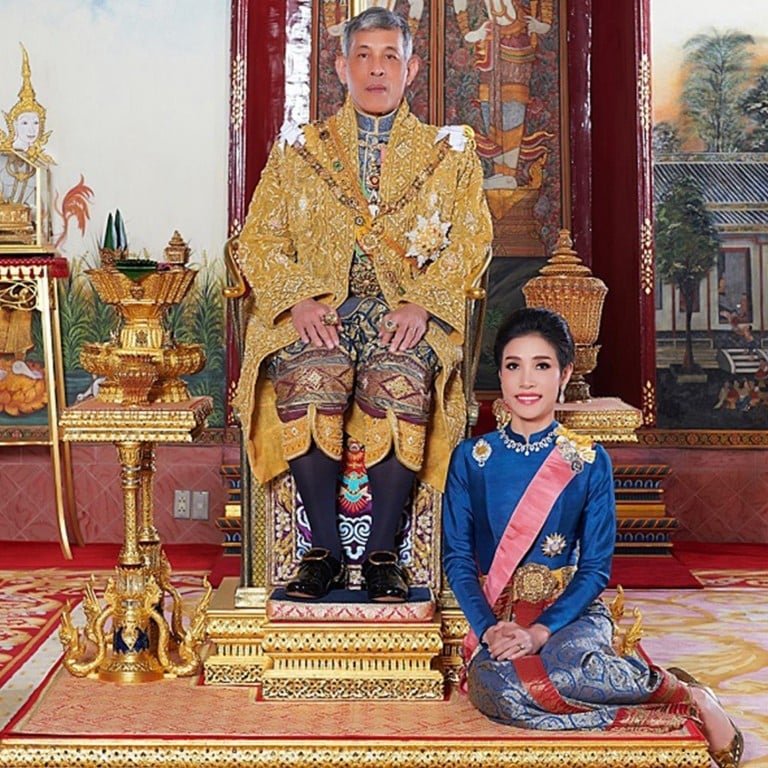
From Thai king’s consort Koi to Meghan Markle, why is royal life so hard?
- King Maha Vajiralongkorn has stripped his consort Sineenat Wongvajirapakdi of her titles, accusing her of disloyalty and an ambition to displace the queen
- She joins a list of commoners who have struggled to adapt to royal life, from Japan’s Empress Masako, to Meghan Markle and a former Miss Moscow who married a Malaysian sultan
Thai king strips royal consort of her titles over ‘disloyalty’
Just three months after the former nurse and qualified pilot, 34, was appointed consort in what was supposedly a move to “reduce tension and potential trouble” in the royal household, the Royal Gazette reported that “His Majesty has monitored her behaviour since and found she was lacking of gratitude or actions fit for her position. She was not satisfied with the position granted and has acted in every way to match herself with Her Majesty the Queen”.

The statement has shocked the Thai public, not only for its unprecedented level of detail, but because Koi had been enjoying an increasingly high profile since unusually intimate pictures of her and the king appeared on the royal bureau’s website in August. Those photos, which included images of Koi flying, shooting and skydiving, went viral in Thailand and were followed by her taking on increased duties at the events of royally supported projects, though always on her own.
Malaysian Sultan Muhammad V divorces his Russian wife Oksana Voevodina
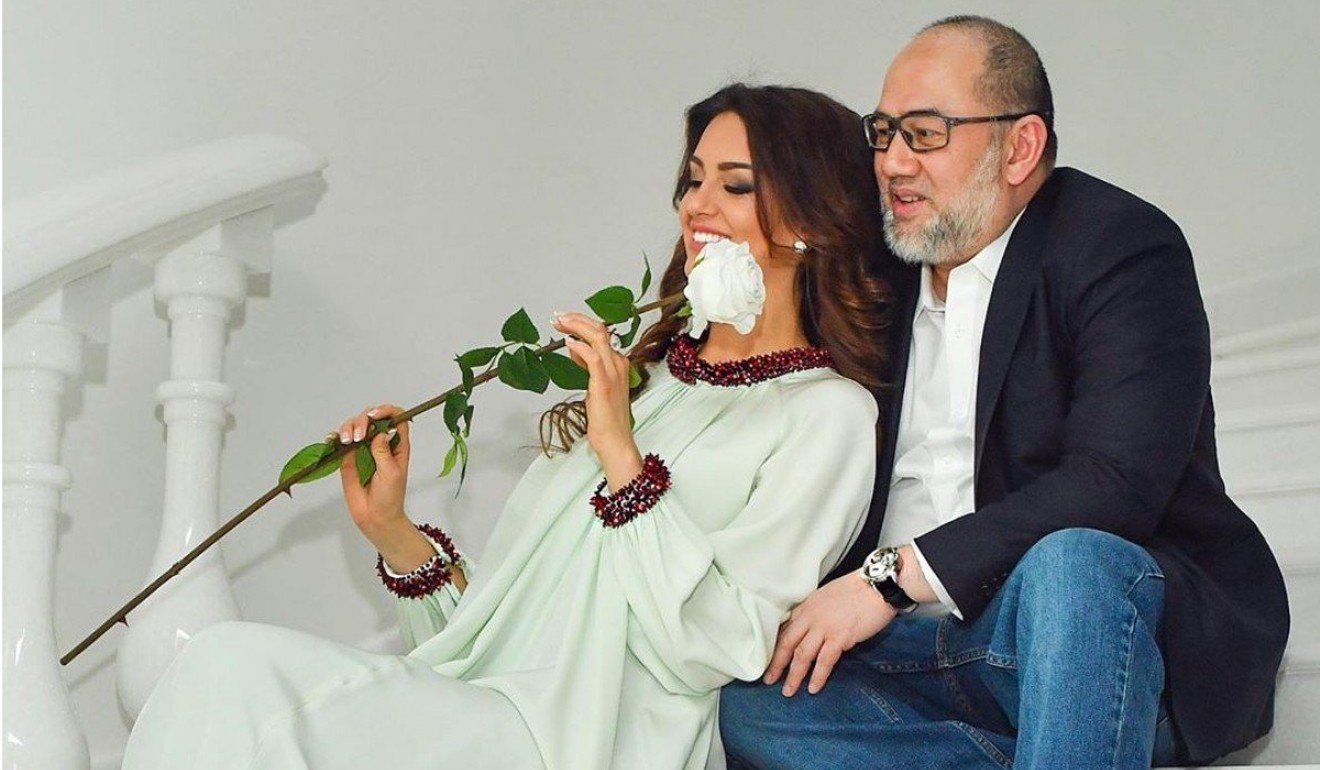
Meghan Markle being ‘vilified and chased’ by press like Diana
And, in talking publicly of their struggles, both Masako and Markle have been compared to Prince Harry’s mother, Princess Diana, whose marriage to the heir to the British throne ended after an infamous interview with the BBC journalist Martin Bashir in which she spilled the beans on how hard it was to adapt to royal life.
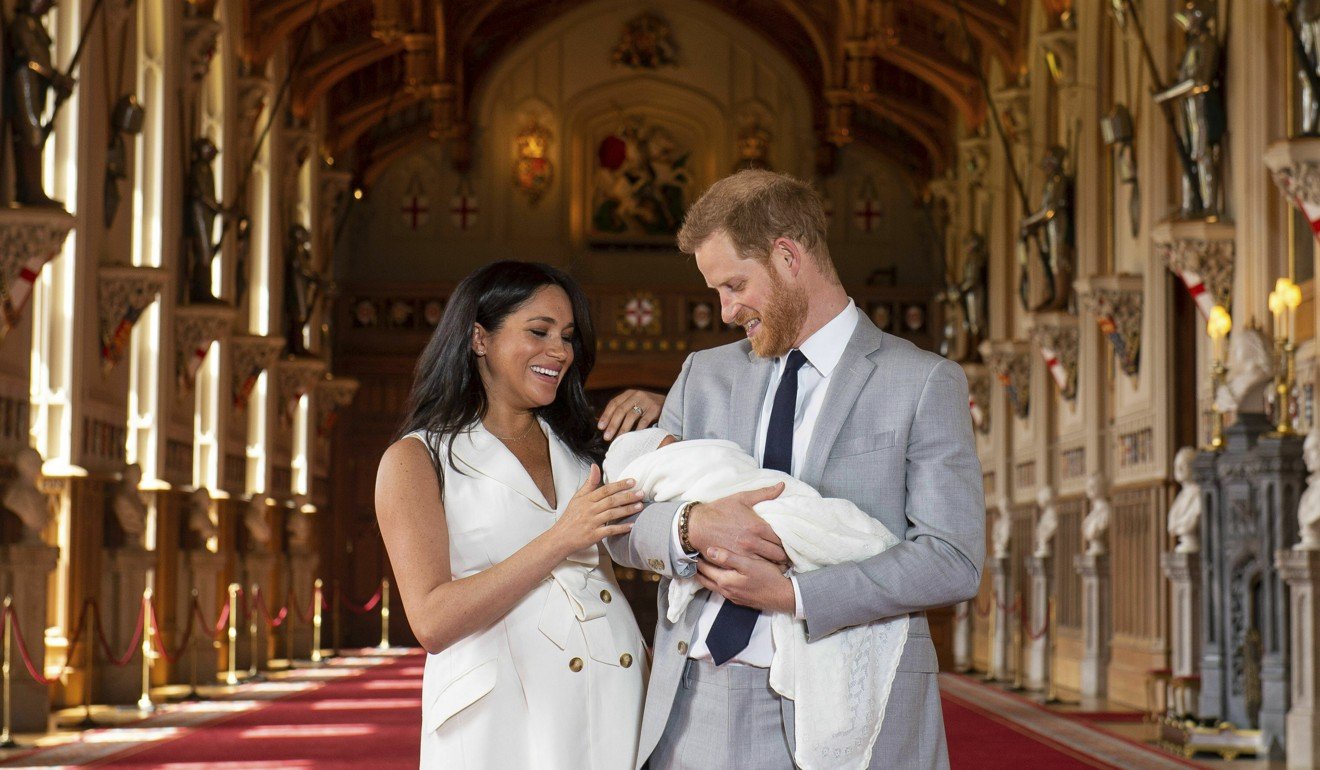
WHAT HAPPENED TO KOI?
The exact reasons for Koi’s sudden disenfranchisement may never come to light, not least because of Thailand’s strict lèse-majesté laws that prescribe 15-year jail terms for anyone deemed to have criticised the royal family. Thai television stations have simply reported the content of the statements in the Royal Gazette, without further comment.
Still, the statements make it clear that tensions had arisen between Koi and the king’s fourth wife, Queen Suthida, 41, a former flight attendant for Thai Airways and deputy head of his bodyguard unit. The king had bestowed on Koi the title of Chao Khun Phra (noble consort) in July, just two months after Suthida was made queen. In doing so, Koi – a qualified pilot – became the first woman to receive the title in nearly a century.
While the public may have been shocked by Koi’s sudden reversal in fortune, some have speculated Koi’s growing profile was exactly what had made her a target.
Koi’s title as royal consort meant that strictly speaking she was not to be treated as a royal and should not be addressed with a set of vocabulary associated with the royals. She was part of the household, but at the same time, not exactly one of them. However, she was also expected to carry out several public responsibilities – such as advising a prison project and the royal fair and spearheading the king’s volunteer squad programme – leading to a juggling act that some observers say was bound to cause conflict sooner or later.
In recent weeks, Koi had been pictured attending royally supported volunteer events, donning camouflage military pants and a short-sleeved top for visits to several local communities and on one occasion even frying chicken drumsticks and serving them to visitors. In another visit, she was reported to have stopped an old lady for kneeling in front of her, saying “It is all right. Please don’t kneel, auntie”.
Such antics endeared her to many in the Thai public, who were quick to comment – albeit anonymously – on social media, with questions such as “Who did she offend?”, “So soon?” and “How could this news benefit Thailand?”. While some blamed Koi, others were more sympathetic: #SaveKoi soon became a trending hashtag.
What happens next is also a matter of some speculation. Now that Koi has lost her military ranks and royal titles, her related public responsibilities are also expected to cease.
Some observers have suggested the move should be seen against the backdrop of a more assertive reign since Vajiralongkorn ascended the throne in 2016. Shortly after she was stripped of her titles, the king fired a high-ranking royal guard, though it is not clear if the action was related. A few months after the May coronation two new army units were put under his direct control and before the March election he opposed a bid by his elder sister to become prime minister.
Paul Chambers, an analyst at Naresuan University, told The Guardian the “abrupt move” to strip Koi of her titles “tells us that he wishes to be seen as a very in-charge monarch who will not put up with possible divisions in the royal institution”.
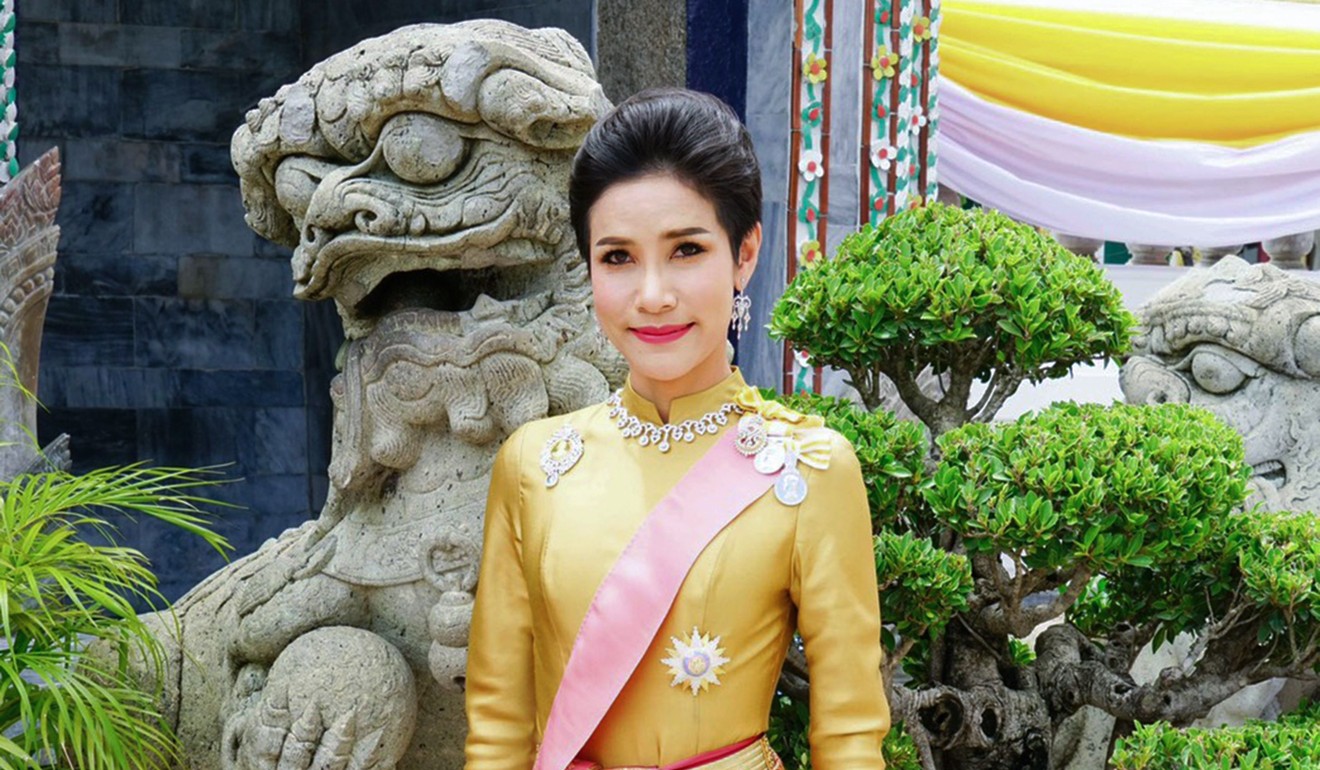
ROYAL PAINS
Regardless of how Koi’s particular royal tragedy plays out in the coming days, it is just the latest reminder of the pitfalls that await commoners with ambitions of joining any one of the world’s last 26 remaining monarchies – pitfalls that are becoming more obvious as such institutions relax their rules and in some cases, in an effort to modernise, even embrace the mixing of royal and non-royal blood.
As Saad Salman, the founder of The Royal Watcher website, put it: “Royalty has been a rarefied institution for thousands of years, with a unique set of pressures and responsibilities and this is why it was the norm until recently for royals to marry into their own circles.
In Japan, Empress Masako shines in the spotlight after 16 years on the sidelines
“In recent years, as more commoners have started marrying into royal families, they have been exposed to these pressures for which they had no experience, and have struggled to adapt.
“Royalty have to learn how to carry themselves at official functions, be diplomatic with officials, interactive with the public, dress appropriately, and promote their country, which comes with great privilege but also great responsibility. Marriage itself requires a period of adjustment, but it becomes much more difficult when you have to do it all in the public eye, along with learning a new role.”
While some such marriages thrive – the union of Britain’s Prince William and Kate Middleton is widely credited with re-energising the British monarchy after a nadir in popularity following the death of Diana – others experience very public problems.
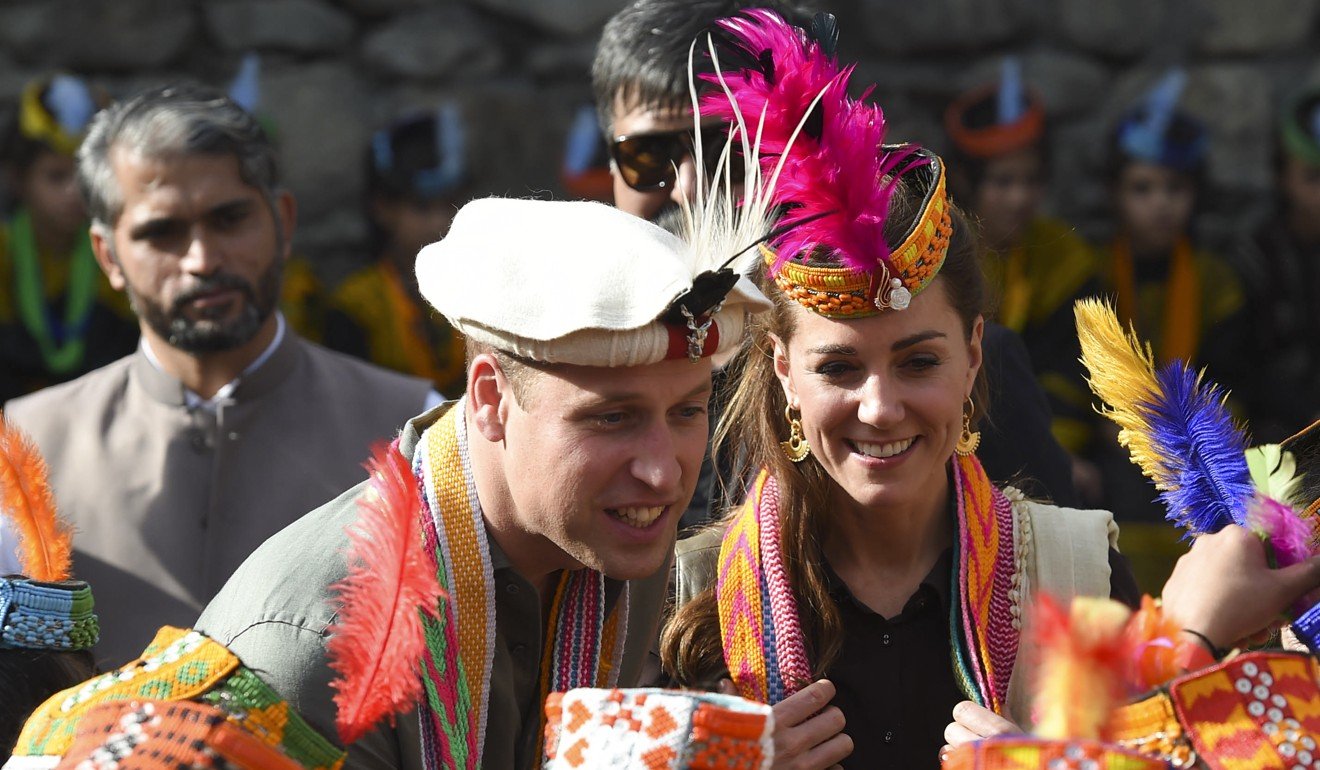
This week, Middleton’s sister-in-law, Meghan Markle, has been making waves in the British press for an interview in which she admitted she was “struggling to thrive and feel happy” in the royal family, leading to a wave of negative press coverage that suggested she was ungrateful for her life of privilege.
But Salman said comparisons between the two were unfair as their circumstances were different.
Why are Prince William and Kate Middleton praised for Pakistani outfits?
“In the year since the Duchess of Sussex [Markle] joined the royal family, she has been the victim of various malicious reports, despite launching straight into supporting a number of causes and patronages. Other members of the royal family, most recently the Duchess of Cornwall and Duchess of Cambridge [Middleton] have been the victims of similar targeting by the media, but have managed to get over it with the support of their families and friends. However, [Markle’s] family were behind some of the reports, and she has felt very isolated, especially as the tide of public opinion turned, as it often does, which affected her even more.”
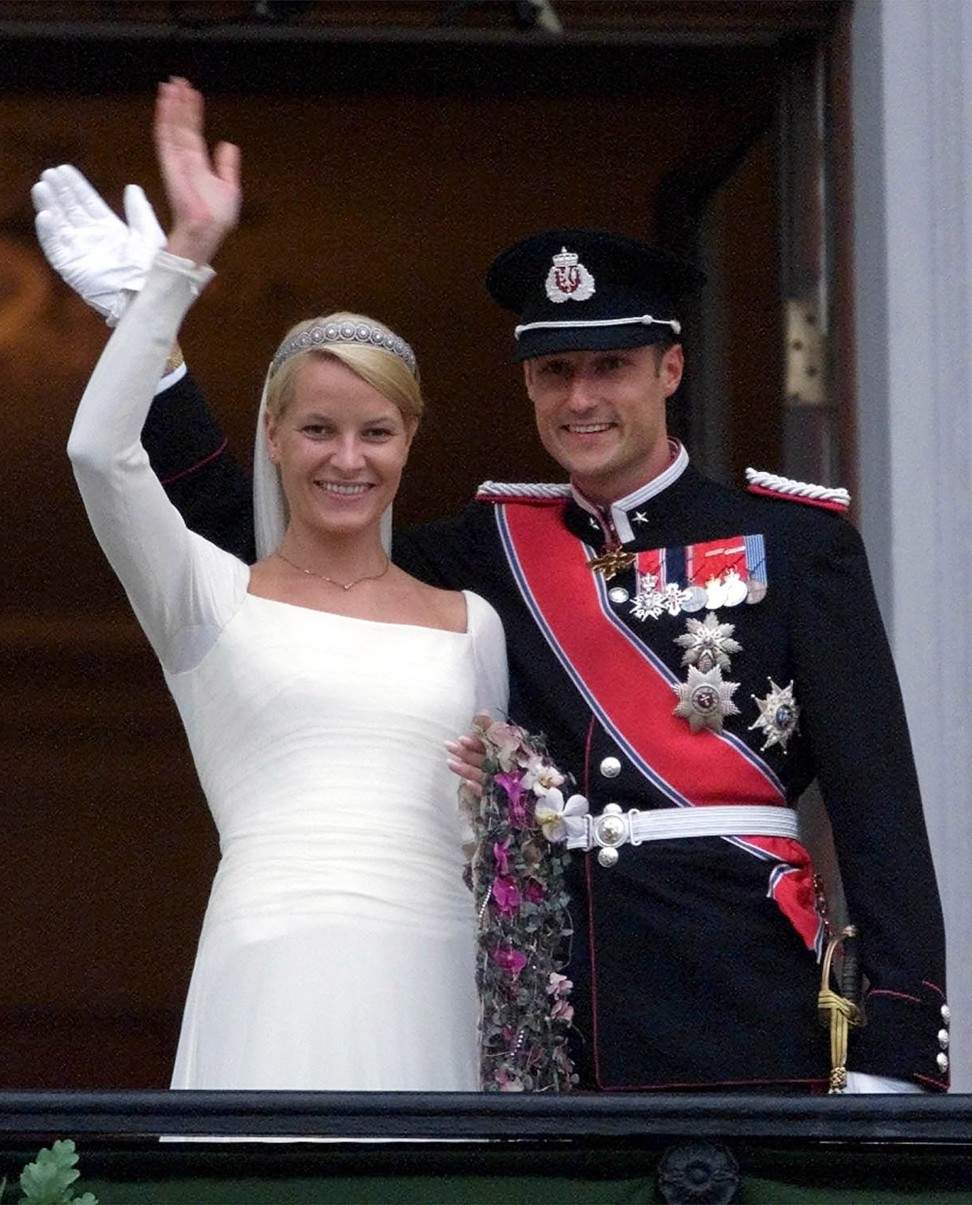
Commoners seeking to join a royal family can feel such pressures regardless of their background.
Salman noted the struggles of both Norway’s Crown Princess Mette-Marit and of Japan’s Empress Masako.
Mette-Marit, who was an unwed single mother when she wed Crown Prince Haakon in 2001, had faced “harsh public disapproval”, but “a week before her wedding, she admitted and publicly apologised her past misdeeds in a press conference, which led to a swing in public opinion and a reduction in overly harsh criticism”.
Royal astrologer casts Thailand King Maha Vajiralongkorn’s horoscope
In contrast, Masako had been “a bright diplomat” when she married then Crown Prince Naruhito in 1993, “but a deeply conservative Imperial Household and intense pressure to produce a male heir led to her being diagnosed with adjustment disorder, something from which she still suffers today, though has managed to overcome most aspects in recent years”.
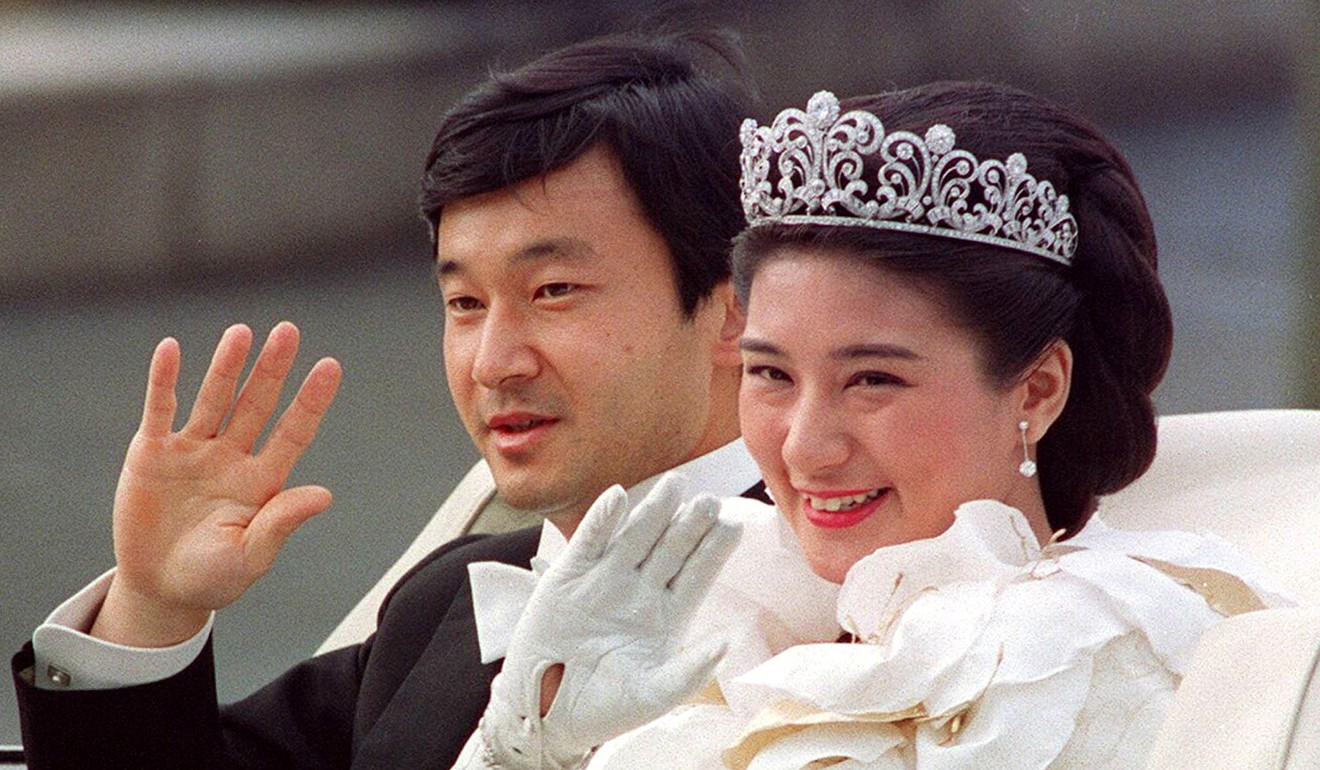
Such cases might be seen as cautionary tales, but Salman had some advice for those commoners still not put off from pursuing royal life.
“There is no set time for royalty to become adjusted into royal life, but as it is a job for life, it may probably be best to take things slowly and build your platform, developing a thick skin, rather than doing everything in a whirlwind without having time to adapt.”
